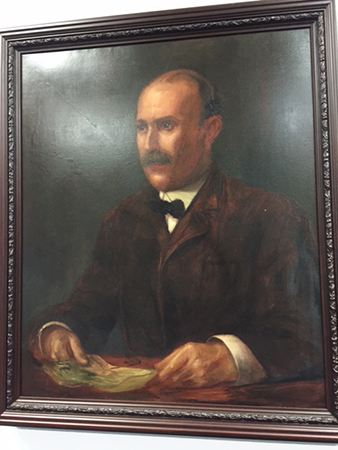11/3/2016

The American Political Science Association (APSA) is the leading professional organization for the study of political science and serves more than 13,000 members in more than 80 countries. With a range of programs and services for individuals, departments, and institutions, APSA brings together political scientists from all fields of inquiry, regions, and occupational endeavors within and outside academe to deepen our understanding of politics, democracy, and citizenship throughout the world.
Founded on December 30, 1903 in the Tilton Memorial Library (now Tilton Hall) of Tulane University in New Orleans, the association was originally formed to distinguish a “science of politics” from the study of history and economics. In the early years, however, close cooperation with the American Historical and American Economic Associations was encouraged. The primary purpose of a separate association for political science was to “encourage” the “scientific study of politics, public law, administration and diplomacy” (Willoughby, W. W. 1904. The American Political Science Association. Political Science Quarterly 19 (1): 107-111).
"Its setting was the American Historical Association’s nineteenth annual meeting and its first in the Old South. The American Economic Association met with the American Historical Association and the new APSA. It was an important occasion itself. It certainly marked, as the founders knew, a moment of further professionalization of political science as a discipline. It established more formally a community of inquirers – many academics, many more from outside the academy – as well as the means of communication between them, mainly through annual face-to-face meetings and journals that published scholarly articles and professional news. It symbolized a distinction and nominal break from the parental association, as well as other associations. And in retrospect it created what was to become (by now) a century-old institutional body that exerted enormous influence over the shape of the discipline…”
(J.Farr, “The Historical Science(s) of Politics: The Principles, Association, and Fate of an American Discipline,” In Modern Political Science: Anglo-American Exchanges since 1880, page 87,(Princeton Press, 2007)

